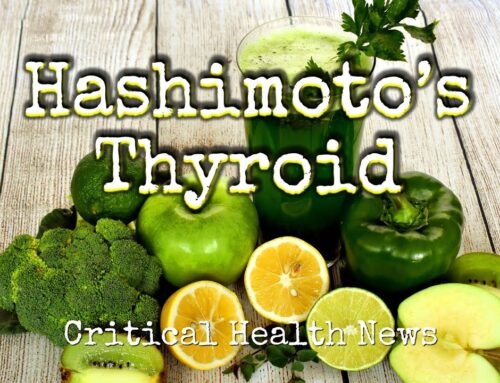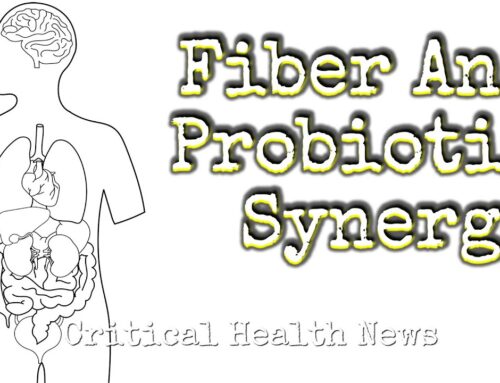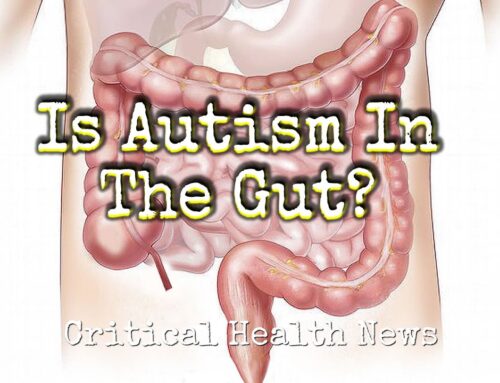SIBO or Small Intestinal Bacterial Overgrowth effects up to 65 million Americans, although the exact numbers are unknown. While the most obvious symptoms of SIBO involve the digestive system and include diarrhea, weight loss and cramping as well as gas and bloating after eating. Non intestinal complications, such as neurological issues, autoimmunity, as well as fibromyalgia and chronic fatigue can also occur.
Technically speaking, SIBO is defined as an increase or change in bacterial species in the upper intestine, which, under ordinary circumstances, would be prevented by stomach acid, natural intestinal immunity, antibodies, bile secretion and the normal movements and contractions of the intestinal musculature.
The most important triggers of SIBO symptoms are sugary and starchy foods, especially processed grains and cereals. Fruits can cause big problems, especially dried ones like figs, apricots and dates.
Avoidance is the best strategy for SIBO. Staying away from foods that initiate symptoms is advisable. SIBO patients should also be using pre-biotic fiber to support the health of good bacteria, which can balance out the growth of the bad ones.
Probiotics are a must have too. Eating fermented veggies like sauerkraut and kim-chi is a great way to get both good bacteria and fiber. Recently, an anti-body rich protein made from eggs laid by immunized chickens has been shown to be beneficial for reducing the symptoms of SIBO. It’s known as “Hyper-immune Egg” and it is readily available in health food stores or on the internet.










